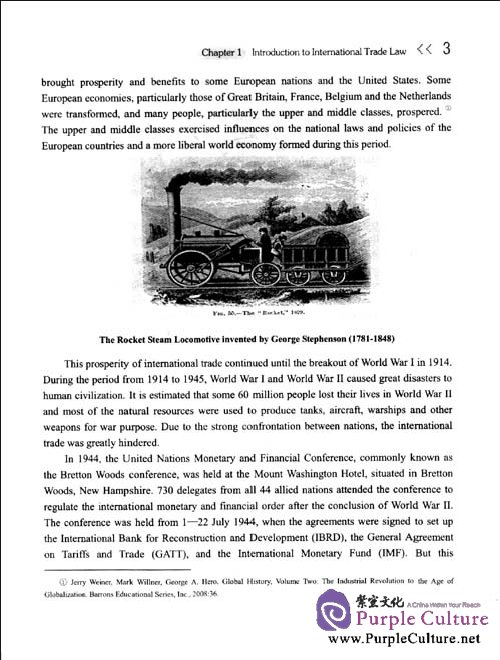Sample Pages Preview

Endorsement
refers to the recording of items concerned on the backside of a draft
or onthe allonge to the draft with a signature or seal put to the
record. Unless the negotiableinstrument is made "non-transferrable" at
the beginning, it can be endorsed in order tonegotiate it. An instrument
is most commonly endorsed for the purpose of negotiating an
orderinstrument so that the transferee becomes a holder. The endorser's
liability is secondary and isconditioned on dishonor of the instnunent.
The endorser agrees to be liable according to theterms of the instrument
at the time of his endorsement. Endorsement can be special or blank.
Aspecial endorsement is an endorsement which indentifies the person to
whom it makes theinstrument payable and can change an instrument from
payable to bearer to payable to anindentified person. An endorsement
which is not special is a blank endorsement which meansthat the holder
endorses without indentifying a person to whom the instnunent is
payable. Ablank endorsement changes an instrument that is payable to an
indentified person to aninstrument that is payable to the bearer. An
endorser is liable for guaranteeing the acceptanceand payment of the
negotiable instrument held by his subsequent party after he negotiates
it byendorsement. The endorser shall pay off the sum and expenses, as
stipulated to the holder incase of non-acceptance or non-payment.
